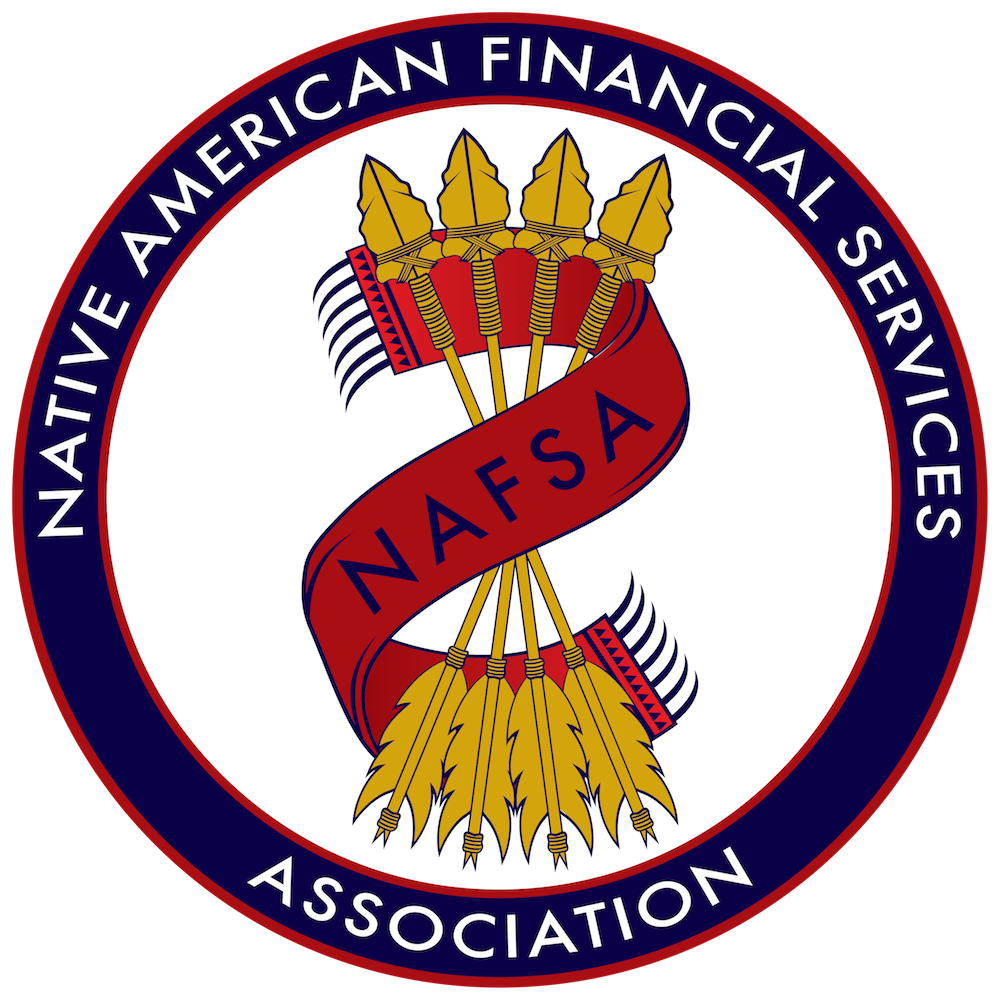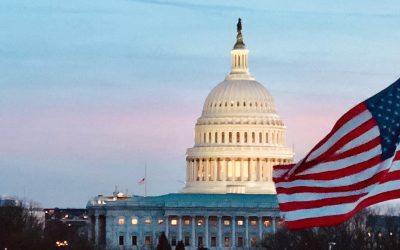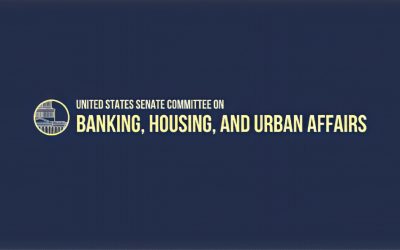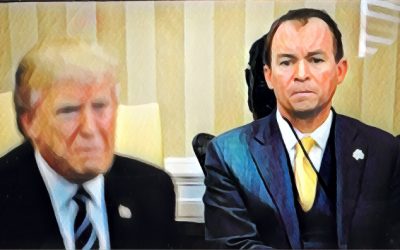The Latest Financial News
Sens. Schumer, Udall: We Must Build on the Successes of Self-Determination
Last week, in an opinion column posted to Indianz.com, Senators Tom Udall (D-N.M.), who serves as vice chairman of the Senate Committee on Indian Affairs, and Chuck Schumer (D-N.Y.), the Democratic leader in the Senate, argued that Tribal...
Office of Financial Research Nominee Gets Confirmation Hearing
Earlier this week, the U.S. Senate Committee on Banking, Housing, and Urban Affairs held a hearing on four nominations, including that of Dr. Dino Falaschetti to be Director of the Treasury Department’s Office of Financial Research (OFR). OFR is an...
Consumer Advocacy Groups Sue Over CFPB Nominee Records
Yesterday, consumer advocacy group Allied Progress filed a Freedom of Information Act (FOIA) lawsuit against both the Office of Management and Budget (OMB) and Consumer Financial Protection Bureau (CFPB), seeking information on Kathy Kraninger, President...
Why NAFSA?
There are more than 570 federally-recognized tribes in the United States, many of whom are spread across in diverse areas. This has left a need for other tribal economic development opportunities to create sustainability and jobs on Native American reservations.
Tribal Financial Services:
![]() Create jobs & economic development on tribal lands
Create jobs & economic development on tribal lands
![]() Increase the financial independence of tribes
Increase the financial independence of tribes
![]() Deploy sovereignty & bolster tribal self-determination
Deploy sovereignty & bolster tribal self-determination

The Impact of Tribal Financial Services
Coming from a history of staggering unemployment rates, limited opportunities, and lack of access to fundamental resources, Native American tribes began online lending businesses to create real change for the future. Internet commerce has been a vehicle for supporting economic growth, tribal services, and tribal development. These are their stories.
Our Mission
To advocate for tribal sovereignty, promote responsible financial services, and provide better economic opportunity in Indian Country for the benefit of tribal communities.




